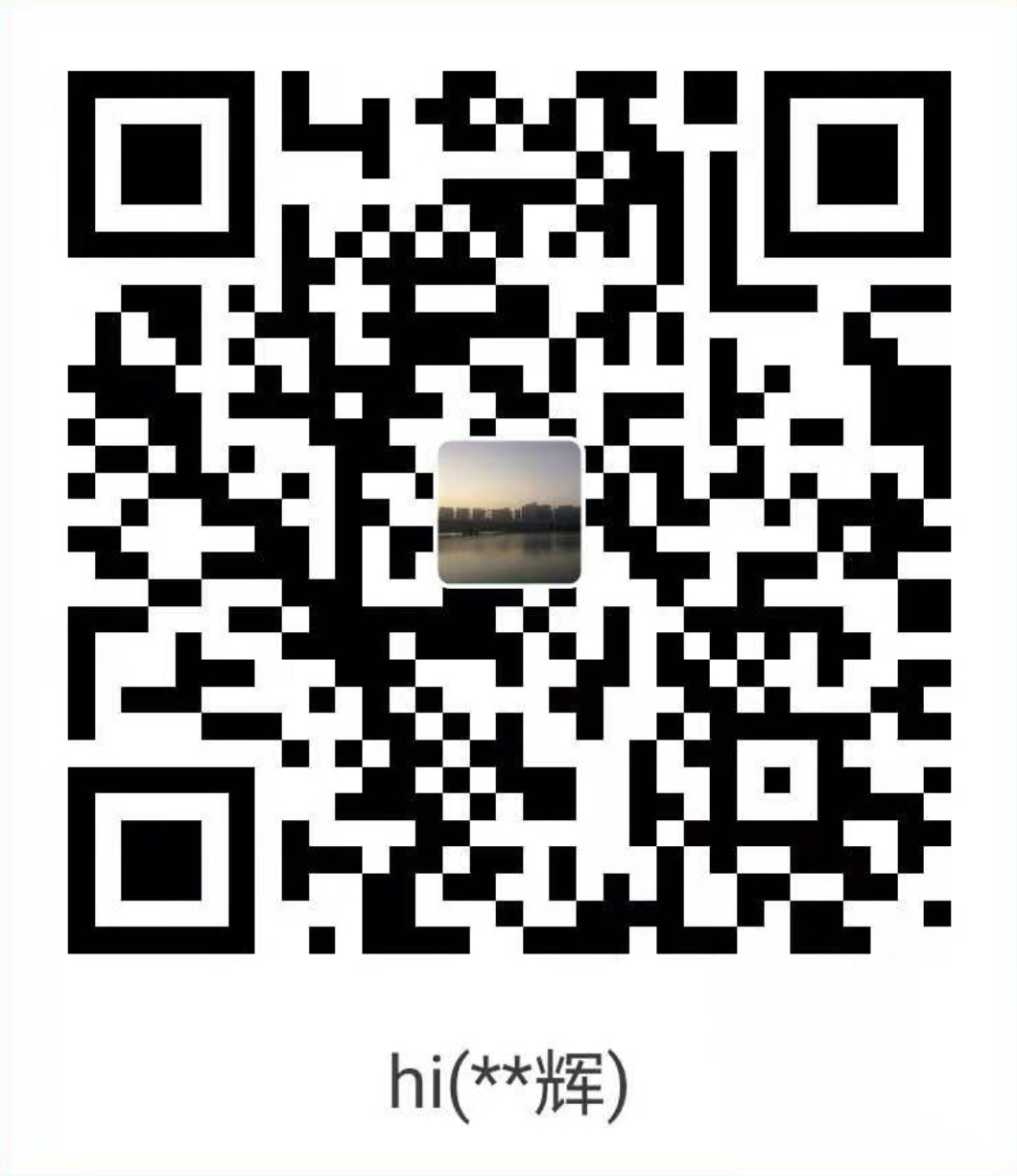简介
RecycleView嵌套滑动的冲突
1.当一个大的RecycleView中的item也是一个RecycleView的时候,滑动的时候,就会出现滑动不顺畅,比如我在子的RecycleView中斜着滑动的时候,
为什么是里面的RecycleView 获取到了事件,可以左右滑动,上下滑动的时候,为什么是外面的RecycleView获取到了事件,可以上下滑动?
首先查看我们的RecycleView的继承关系,发现他是继承了ViewGroup的,事件的传递是从外层往里面传递的
public class RecyclerView extends ViewGroup implements ScrollingView, NestedScrollingChild
事件的传递是会有父容器调用了 public boolean dispatchTouchEvent(MotionEvent ev) 方法,来触发的,然后执行里面的代码,下面大致的说下事件的流程
@Override
public boolean dispatchTouchEvent(MotionEvent ev) {
if (mInputEventConsistencyVerifier != null) {
mInputEventConsistencyVerifier.onTouchEvent(ev, 1);
}
// If the event targets the accessibility focused view and this is it, start
// normal event dispatch. Maybe a descendant is what will handle the click.
if (ev.isTargetAccessibilityFocus() && isAccessibilityFocusedViewOrHost()) {
ev.setTargetAccessibilityFocus(false);
}
boolean handled = false;
if (onFilterTouchEventForSecurity(ev)) {
final int action = ev.getAction();
final int actionMasked = action & MotionEvent.ACTION_MASK;
// Handle an initial down.
if (actionMasked == MotionEvent.ACTION_DOWN) {
// Throw away all previous state when starting a new touch gesture.
// The framework may have dropped the up or cancel event for the previous gesture
// due to an app switch, ANR, or some other state change.
cancelAndClearTouchTargets(ev);
resetTouchState();
}
// Check for interception.
final boolean intercepted;
if (actionMasked == MotionEvent.ACTION_DOWN || mFirstTouchTarget != null) {
这边的判断可以通过设置requestDisallowInterceptTouchEvent 来设置这个flag,假设没有设置,默认情况没有
final boolean disallowIntercept = (mGroupFlags & FLAG_DISALLOW_INTERCEPT) != 0;
if (!disallowIntercept) {
首先会执行这个方法,判断是否需要拦截事件,并且接受这个返回值,如果这个intercepted返回的是为true的话
intercepted = onInterceptTouchEvent(ev);
ev.setAction(action); // restore action in case it was changed
} else {
intercepted = false;
}
} else {
// There are no touch targets and this action is not an initial down
// so this view group continues to intercept touches.
intercepted = true;
}
// If intercepted, start normal event dispatch. Also if there is already
// a view that is handling the gesture, do normal event dispatch.
if (intercepted || mFirstTouchTarget != null) {
ev.setTargetAccessibilityFocus(false);
}
// Check for cancelation.
final boolean canceled = resetCancelNextUpFlag(this)
|| actionMasked == MotionEvent.ACTION_CANCEL;
// Update list of touch targets for pointer down, if needed.
final boolean split = (mGroupFlags & FLAG_SPLIT_MOTION_EVENTS) != 0;
TouchTarget newTouchTarget = null;
boolean alreadyDispatchedToNewTouchTarget = false;
如果上面的intercepted返回true的话,就不会往里面执行,里面的操作主要是遍历每一个孩子,给孩子重新的排序,然后查看哪个孩子需要接受这个事件
if (!canceled && !intercepted) {
// If the event is targeting accessiiblity focus we give it to the
// view that has accessibility focus and if it does not handle it
// we clear the flag and dispatch the event to all children as usual.
// We are looking up the accessibility focused host to avoid keeping
// state since these events are very rare.
View childWithAccessibilityFocus = ev.isTargetAccessibilityFocus()
? findChildWithAccessibilityFocus() : null;
if (actionMasked == MotionEvent.ACTION_DOWN
|| (split && actionMasked == MotionEvent.ACTION_POINTER_DOWN)
|| actionMasked == MotionEvent.ACTION_HOVER_MOVE) {
final int actionIndex = ev.getActionIndex(); // always 0 for down
final int idBitsToAssign = split ? 1 << ev.getPointerId(actionIndex)
: TouchTarget.ALL_POINTER_IDS;
// Clean up earlier touch targets for this pointer id in case they
// have become out of sync.
removePointersFromTouchTargets(idBitsToAssign);
得到孩子的个数,这里的newTouchTarget很重要,当这个不为空的时候,表示已经找到了可以接受这个事件的item,下次就不会再次的遍历查找,直接将事件给当前的item
final int childrenCount = mChildrenCount;
if (newTouchTarget == null && childrenCount != 0) {
final float x = ev.getX(actionIndex);
final float y = ev.getY(actionIndex);
// Find a child that can receive the event.
// Scan children from front to back.
final ArrayList<View> preorderedList = buildTouchDispatchChildList();
final boolean customOrder = preorderedList == null
&& isChildrenDrawingOrderEnabled();
final View[] children = mChildren;
for (int i = childrenCount - 1; i >= 0; i--) {
final int childIndex = getAndVerifyPreorderedIndex(
childrenCount, i, customOrder);
final View child = getAndVerifyPreorderedView(
preorderedList, children, childIndex);
// If there is a view that has accessibility focus we want it
// to get the event first and if not handled we will perform a
// normal dispatch. We may do a double iteration but this is
// safer given the timeframe.
if (childWithAccessibilityFocus != null) {
if (childWithAccessibilityFocus != child) {
continue;
}
childWithAccessibilityFocus = null;
i = childrenCount - 1;
}
判断当前的item,是否有资格接受到这个事件,比如是要可见的,没有执行动画,点击的范围在这个item里面
if (!canViewReceivePointerEvents(child)
|| !isTransformedTouchPointInView(x, y, child, null)) {
ev.setTargetAccessibilityFocus(false);
continue;
}
newTouchTarget = getTouchTarget(child);
if (newTouchTarget != null) {
// Child is already receiving touch within its bounds.
// Give it the new pointer in addition to the ones it is handling.
newTouchTarget.pointerIdBits |= idBitsToAssign;
break;
}
resetCancelNextUpFlag(child);
遍历调用child的dispatchTouchEvent方法,如果当前的child为ViewGroup的话,就遍历执行刚才的步骤,如果是View的话,就会执行onTouchEvent方法,判断是否有接受这个事件,如果往里面执行代表有接受的chiild
if (dispatchTransformedTouchEvent(ev, false, child, idBitsToAssign)) {
// Child wants to receive touch within its bounds.
mLastTouchDownTime = ev.getDownTime();
if (preorderedList != null) {
// childIndex points into presorted list, find original index
for (int j = 0; j < childrenCount; j++) {
if (children[childIndex] == mChildren[j]) {
mLastTouchDownIndex = j;
break;
}
}
} else {
mLastTouchDownIndex = childIndex;
}
mLastTouchDownX = ev.getX();
mLastTouchDownY = ev.getY();
注意这里会为newTouchTarget 赋值,值为当前可以接受事件的child
newTouchTarget = addTouchTarget(child, idBitsToAssign);
alreadyDispatchedToNewTouchTarget = true;
当找到了一个可以接受事件的item之后,就没有必要循环了
break;
}
// The accessibility focus didn't handle the event, so clear
// the flag and do a normal dispatch to all children.
ev.setTargetAccessibilityFocus(false);
}
if (preorderedList != null) preorderedList.clear();
}
if (newTouchTarget == null && mFirstTouchTarget != null) {
// Did not find a child to receive the event.
// Assign the pointer to the least recently added target.
newTouchTarget = mFirstTouchTarget;
while (newTouchTarget.next != null) {
newTouchTarget = newTouchTarget.next;
}
newTouchTarget.pointerIdBits |= idBitsToAssign;
}
}
}
// Dispatch to touch targets.
如果上面一上来就给onInterceptTouchEvent 返回值为true,或者这个返回值为false,再里面遍历循环child的时候,如果都没有人接受事件的话,那这个mFirstTouchTarget 就没有赋值,就会往里面执行,里面的方法主要是看第三个参数
if (mFirstTouchTarget == null) {
// No touch targets so treat this as an ordinary view.
handled = dispatchTransformedTouchEvent(ev, canceled, null,
TouchTarget.ALL_POINTER_IDS);
} else {
// Dispatch to touch targets, excluding the new touch target if we already
// dispatched to it. Cancel touch targets if necessary.
TouchTarget predecessor = null;
TouchTarget target = mFirstTouchTarget;
while (target != null) {
final TouchTarget next = target.next;
if (alreadyDispatchedToNewTouchTarget && target == newTouchTarget) {
handled = true;
} else {
final boolean cancelChild = resetCancelNextUpFlag(target.child)
|| intercepted;
if (dispatchTransformedTouchEvent(ev, cancelChild,
target.child, target.pointerIdBits)) {
handled = true;
}
if (cancelChild) {
if (predecessor == null) {
mFirstTouchTarget = next;
} else {
predecessor.next = next;
}
target.recycle();
target = next;
continue;
}
}
predecessor = target;
target = next;
}
}
// Update list of touch targets for pointer up or cancel, if needed.
if (canceled
|| actionMasked == MotionEvent.ACTION_UP
|| actionMasked == MotionEvent.ACTION_HOVER_MOVE) {
resetTouchState();
} else if (split && actionMasked == MotionEvent.ACTION_POINTER_UP) {
final int actionIndex = ev.getActionIndex();
final int idBitsToRemove = 1 << ev.getPointerId(actionIndex);
removePointersFromTouchTargets(idBitsToRemove);
}
}
if (!handled && mInputEventConsistencyVerifier != null) {
mInputEventConsistencyVerifier.onUnhandledEvent(ev, 1);
}
return handled;
}
dispatchTransformedTouchEvent函数中的关键代码为:如果child为null,就执行super.dispatchTouchEvent(),这个就会执行View对应的方法,如果不为空,就执行对应的child中的dispatchTouchEvent方法
// Perform any necessary transformations and dispatch.
if (child == null) {
handled = super.dispatchTouchEvent(transformedEvent);
} else {
final float offsetX = mScrollX - child.mLeft;
final float offsetY = mScrollY - child.mTop;
transformedEvent.offsetLocation(offsetX, offsetY);
if (! child.hasIdentityMatrix()) {
transformedEvent.transform(child.getInverseMatrix());
}
handled = child.dispatchTouchEvent(transformedEvent);
}
View中的dispatchTouchEvent 关键方法的实现为:
if (onFilterTouchEventForSecurity(event)) {
if ((mViewFlags & ENABLED_MASK) == ENABLED && handleScrollBarDragging(event)) {
result = true;
}
//noinspection SimplifiableIfStatement
ListenerInfo li = mListenerInfo;
如果有设置onTouchListener返回true的时候,也表示事件已经消耗量
if (li != null && li.mOnTouchListener != null
&& (mViewFlags & ENABLED_MASK) == ENABLED
&& li.mOnTouchListener.onTouch(this, event)) {
result = true;
}
这边就会调用onTouchEvent方法,用来判断是否要消耗这个事件
if (!result && onTouchEvent(event)) {
result = true;
}
}
RecycleView中onInterceptTouchEvent 关键函数的实现
@Override
public boolean onInterceptTouchEvent(MotionEvent e) {
case MotionEventCompat.ACTION_POINTER_DOWN:
mScrollPointerId = e.getPointerId(actionIndex);
mInitialTouchX = mLastTouchX = (int) (e.getX(actionIndex) + 0.5f);
mInitialTouchY = mLastTouchY = (int) (e.getY(actionIndex) + 0.5f);
break;
case MotionEvent.ACTION_MOVE: {
final int index = e.findPointerIndex(mScrollPointerId);
if (index < 0) {
Log.e(TAG, "Error processing scroll; pointer index for id " +
mScrollPointerId + " not found. Did any MotionEvents get skipped?");
return false;
}
final int x = (int) (e.getX(index) + 0.5f);
final int y = (int) (e.getY(index) + 0.5f);
if (mScrollState != SCROLL_STATE_DRAGGING) {
final int dx = x - mInitialTouchX;
final int dy = y - mInitialTouchY;
boolean startScroll = false;
如果是外层的recycleView的话,可以上下滑动,不可以左右滑动,所以canScrollHorizontally 这为false,canScrollVertically 为true,这俩个不可以同时为true
那如果是里层的recycleView的话,可以左右滑动,不可以上下滑动,所以canScrollHorizontally 为true,canScrollVertically 为 false,这俩个不可以同时为true
所以当里层的recycleView左右滑动的时候,而且左右滑动的距离大于mTouchSlop 的话, startScroll = true;就代表拦截了,然后执行onTouchEvenet方法,执行里层的recycleView的左右滑动,这样父类就接受不到了事件,
if (canScrollHorizontally && Math.abs(dx) > mTouchSlop) {
mLastTouchX = mInitialTouchX + mTouchSlop * (dx < 0 ? -1 : 1);
startScroll = true;
}
所以当外层的recycleView上下滑动的时候,而且垂直滑动的距离大于mTouchSlop 的话, startScroll = true;就代表拦截了,然后执行onTouchEvenet方法,执行外层的recycleView的上下滑动
if (canScrollVertically && Math.abs(dy) > mTouchSlop) {
mLastTouchY = mInitialTouchY + mTouchSlop * (dy < 0 ? -1 : 1);
startScroll = true;
}
if (startScroll) {
setScrollState(SCROLL_STATE_DRAGGING);
}
}
} break;
}
return mScrollState == SCROLL_STATE_DRAGGING;也就是如果 startScroll = true;的时候,这里就返回true,就代表拦截了这个事件,根据上面的分析,这里就会执行自己的onTouchEvent方法,
}



